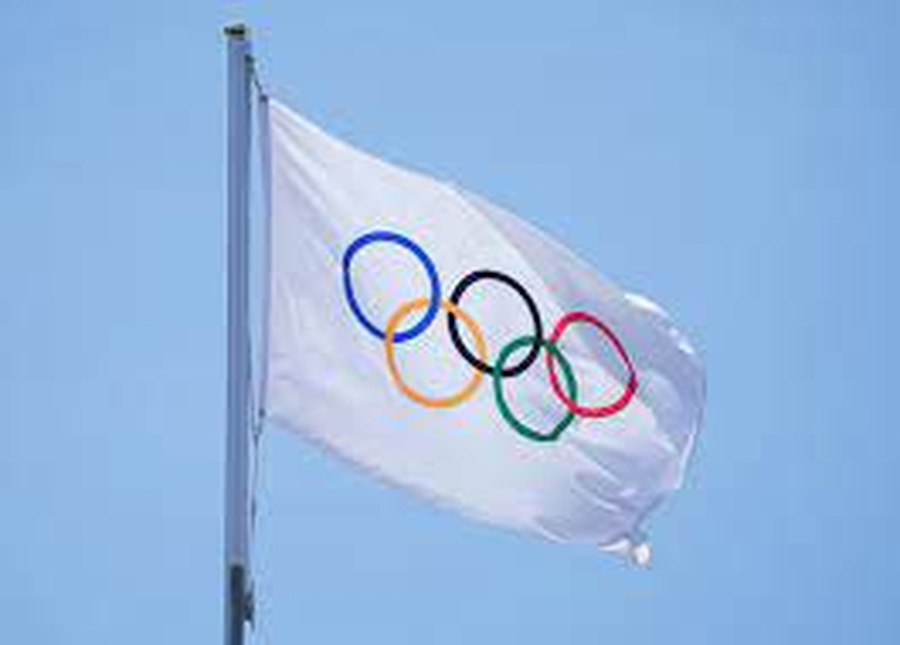Lausanne, Switzerland, February 22, 2023: February 24, 2023 marks one year since Russia invaded Ukraine with the support of Belarus: one year of brutal warfare, human suffering, killing and destruction.
We feel deeply for the Ukrainian people during this cruel war, whose pain and suffering are beyond imagination. On this grim anniversary, the Olympic Movement joins calls for peace and stands ready to make its modest contribution to any peace-building efforts.
The IOC condemned the senseless war in the strongest terms on the day of the invasion. With no end in sight to the fighting after one year of bloodshed, the IOC reiterates its condemnation of the war in Ukraine, which is a blatant violation of the Olympic Truce that was in effect at the time, and the Olympic Charter.
For this reason, the IOC sanctioned the Russian and Belarusian states and governments, who are solely responsible for this war, in an unprecedented way: no international sports events organised in Russia and Belarus; no flag, anthems or other national symbols whatsoever displayed; and no government or state officials accredited for any international sports events.
These sanctions were put in place in February 2022 and were then reinforced, further strengthened and confirmed by the recent Olympic Summit on 9 December 2022. They remain firmly in place.
At the same time, the IOC reaffirms its unwavering solidarity with the Ukrainian athletes, who have faced unspeakable hardship day after day. With the war now raging for over a year, the entire Olympic Movement remains steadfast in its commitment to help the Ukrainian athletes in every way possible, because we all want to see a strong team from the National Olympic Committee of Ukraine at the Olympic Games Paris 2024 and the Olympic Winter Games Milano Cortina 2026.
To this end, the IOC has tripled its Solidarity Fund for Ukraine so that the athletes have every support to overcome the tremendous challenges they are facing to make their Olympic dream come true.
Some 3,000 athletes have already benefitted from the help the IOC Solidarity Fund is offering through the NOC of Ukraine. These efforts take the form not just of financial aid, but also logistical support and ensuring that Ukrainian athletes can continue to take part in competitions by providing travel support, training facilities, accommodation, equipment and uniforms, amongst other things.
From the very beginning, starting with the ancient Olympic Games, our mission has always been to promote peace through sport. The IOC remains committed to this mission to unite the entire world in peaceful competition to this day.
The most recent examples of such peaceful competition include athletes from South and North Korea, from Israel and Palestine, from Armenia and Azerbaijan and many others. During the Olympic Games, athletes from 206 different National Olympic Committees live together in peace in the Olympic Village. Peace-building efforts need dialogue. A competition with athletes who respect the Olympic Charter can serve as a catalyst for dialogue, which is always a first step to achieving peace.
The Olympic Games cannot prevent wars and conflicts. Nor can they address all the political and social challenges in our world. This is the realm of politics. But the Olympic Games can set an example for a world where everyone respects the same rules and one another. They can inspire us to solve problems by building bridges, leading to better understanding among people. They can open the door to dialogue and peace-building in ways that exclusion and division do not.
The overwhelming majority of the Olympic Movement, including the athletes, National Olympic Committees and International Federations, support the unwavering solidarity with Ukraine, the sanctions imposed on Russia and Belarus and the peace-building, unifying mission of the Olympic Movement.
United in this Olympic spirit, on this painful one-year mark, the entire Olympic Movement reiterates the call we made one year ago to all the political leaders of the world: “Give Peace a Chance.”

